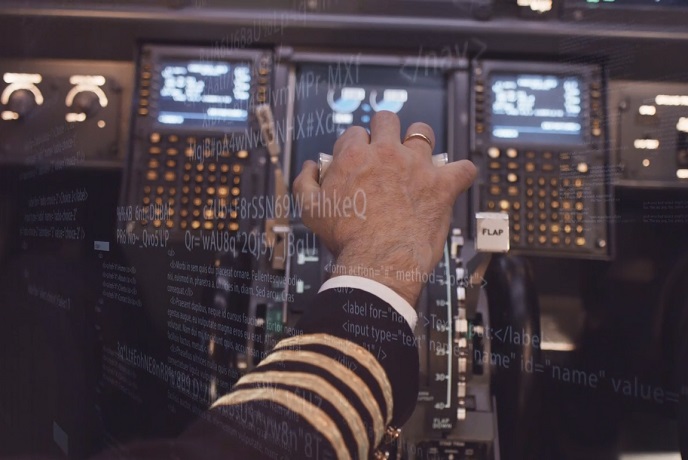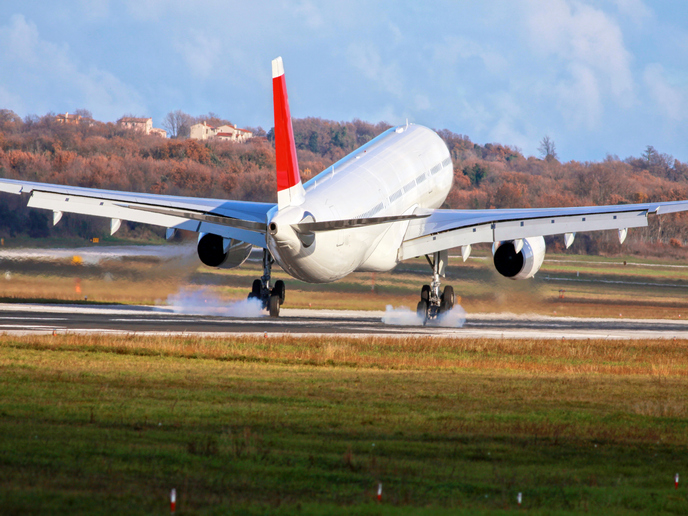Harnessing AI to minimise the environmental impact of aviation
Even though aeroplanes are ageing, manufacturers, flight management systems and flight preparation software providers continue to use manufacturer models that do not match actual performance. This can reduce accuracy and negatively impact efficiency like fuel consumption and CO2 emissions. The EU-funded PERF-AI project applied machine learning technologies to flight data to identify the change in performance for each individual aircraft and provide airlines with updated data that allows them to operate more efficiently. It focused on identifying adequate machine learning algorithms and testing their accuracy and capability in performing flight data statistical analysis. In addition, the project developed mathematical models to optimise real flight trajectories with respect to actual aircraft performance, thus minimising fuel consumption throughout the flight.
Tackling limitations of current systems’ performance databases
The PERF-AI team used machine learning on recorded aircraft parameters from quick access recorders(opens in new window) and black boxes that are collected for each flight to update aircraft performance data. “The ultimate goal was to use the performance models obtained by machine learning to optimise flights because the data that is available is both more accurate and variable,” explained Pierre Jouniaux, CEO and founder of project Safety Line(opens in new window), a Paris-based start-up that delivers innovative solutions for the safety and efficiency of aviation operations. “As a result, we can identify the best operational conditions for pilots so that they fly more efficiently.” Project partners recreated a complete aircraft performance model solely based on aircraft data that matched an aircraft’s physical behaviour. They then tested the model in an engineering flight management computer. Results confirmed that it was possible to update any aircraft performance model and provide pilots with more accurate information. A major advantage is that pilots can load less fuel for flights. The results were used to create several optimisation algorithms that required low computational resources to run on devices such as tablets.
Addressing aviation’s carbon footprint
Together with the Transavia France airline, the consortium carried out several tests on possible adjustments that can be made to the cruising altitude. It also identified potential fuel burn reduction, which in some cases was up to 150 kg/h for a next-generation Boeing 737-800 that seats as many as 189 passengers. Original equipment manufacturers who need to use more accurate data for assessing aircraft performance stand to benefit most. Airlines looking to improve aircraft operations while lowering fuel consumption and CO2 emissions also have much to gain. Thanks in part to PERF-AI, Safety Line won an award in the ‘Climate action’ category of the World Tourism Organization’s Sustainable Development Goals Global Startup Competition(opens in new window) in December 2020. The World Tourism Organization is a United Nations agency that promotes sustainable, accessible and inclusive tourism. Its inaugural competition encourages the innovation and entrepreneurship ecosystem worldwide to embrace sustainability.







